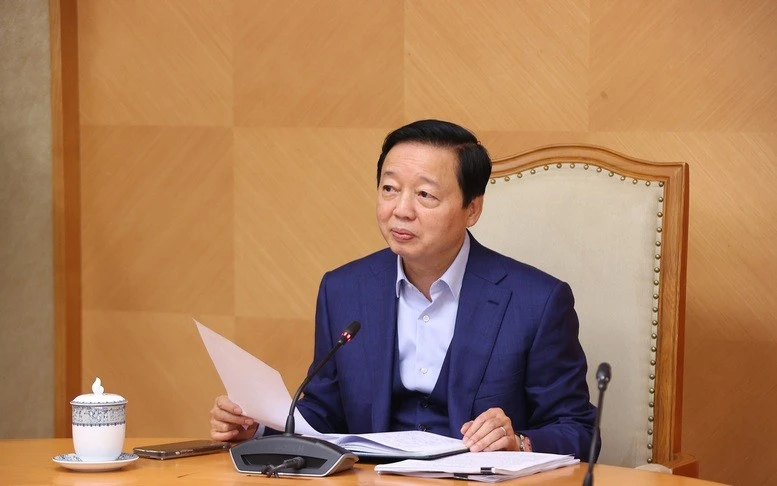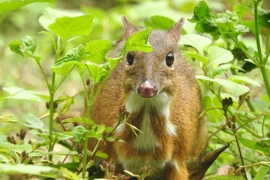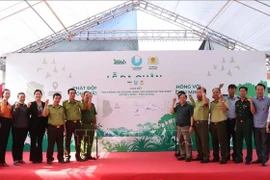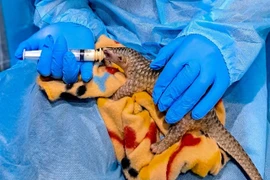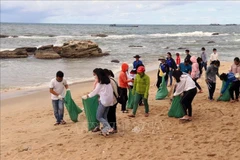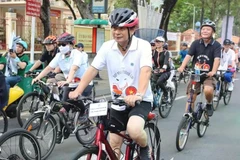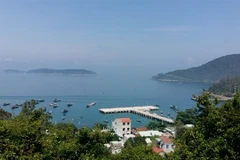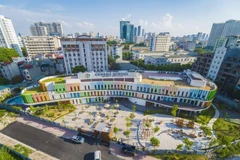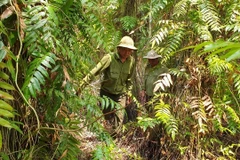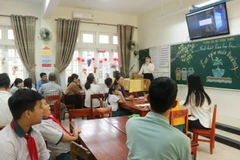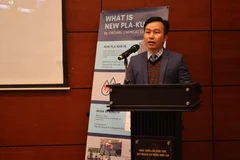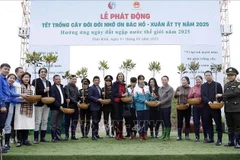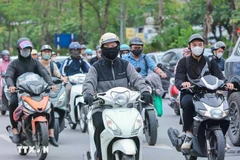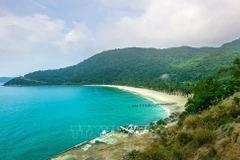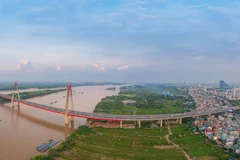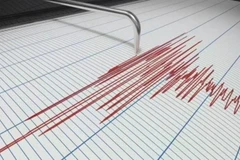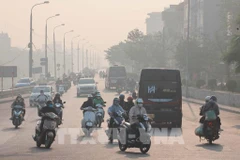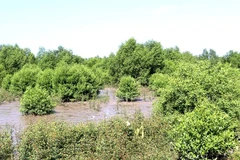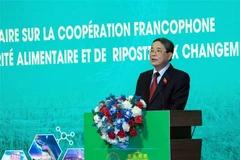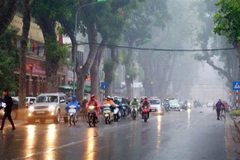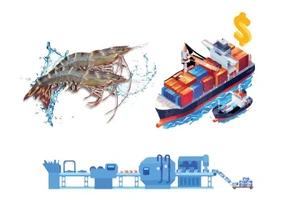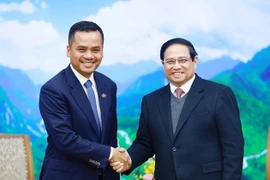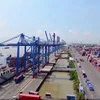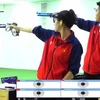Hanoi (VNA) – Deputy Prime Minister Tran Hong Ha on February 17 chaired a meeting to review a draft decree on the management and protection of endangered wildlife species.
The proposed regulations also aim to implement the Convention on International Trade in Endangered Species of Wild Fauna and Flora (CITES).
Ha stressed the need for strict enforcement, including administrative, economic, and criminal measures to combat the illegal exploitation, trade, and consumption of endangered wildlife.
He requested that the new decree must include a dedicated chapter on public awareness, particularly through education, and immediate action against violations.
The decree must cut both supply and demand for endangered wildlife, ensuring tighter control and elimination of illegal activities, he said.
The Deputy PM also emphasised integrating conservation of sustainable resources used to support local livelihoods and called for clear regulations on data publication, mapping, and biodiversity monitoring.
The draft decree consists of five chapters and 28 articles, retaining key regulations on protecting, assessing, and researching endangered forest flora and fauna. It also sets conditions for breeding, planting, and issuing identification codes for facilities handling CITES-listed species.
The decree updates CITES regulations, strengthens decentralisation, and streamlines administrative procedures to improve transparency and efficiency for businesses and citizens. It aligns with existing laws, addresses implementation challenges, and refines previous decrees.
Key provisions include criteria for listing endangered species, procedures for harvesting specimens, facility registration requirements, permit exemptions, and trade regulations with non-CITES member countries. The decree also defines the responsibilities of authorities in managing wildlife trade, breeding, and conservation.
Revisions cover restrictions on importing CITES-listed aquatic species regulated under Vietnam’s fisheries laws, conditions for import/export, facility registration, and regulations on processing, transport, and display of specimens.
It also provides guidelines for handling confiscated wildlife and outlines the roles of management agencies in Vietnam./.
